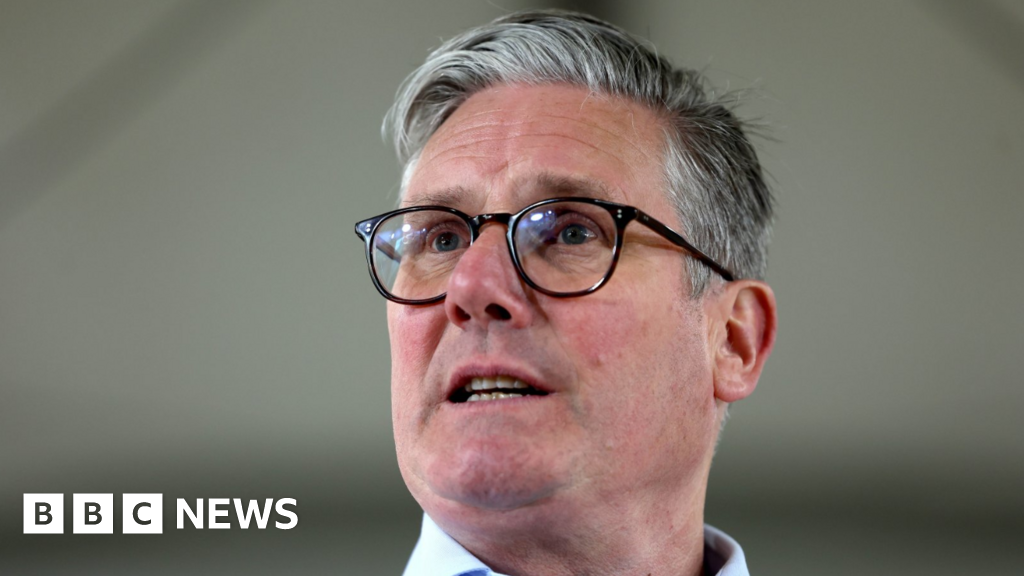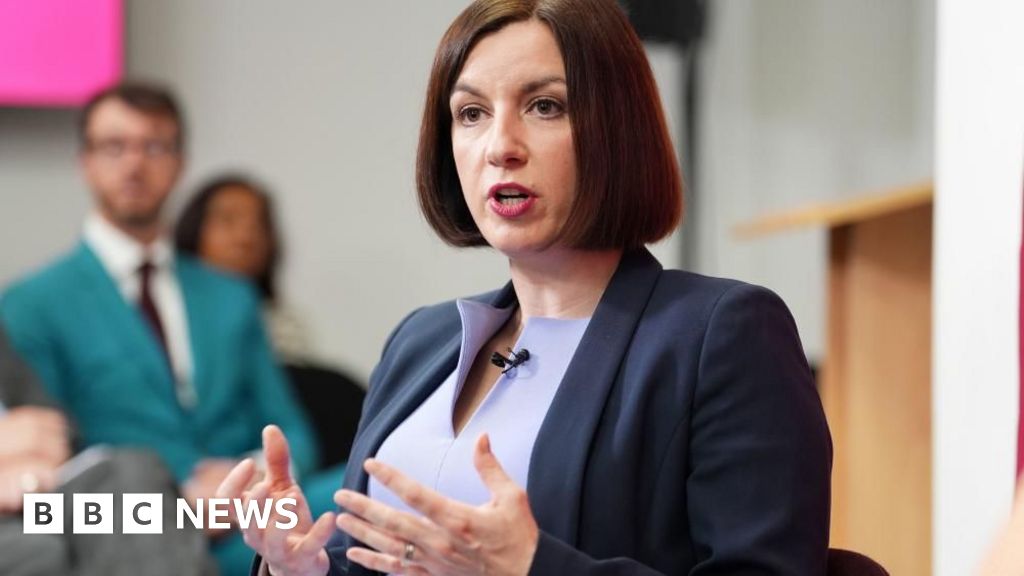ARTICLE AD BOX
By Paul Seddon
Politics reporter
Image source, Getty Images
Image caption,The Whalebone arch in Port Stanley was erected in 1933 to mark a century of British administration
The capitals of the Falkland Islands, Cayman Islands and Gibraltar are among 39 places vying to win official UK city status in a new competition.
The first-time applicants join regular contenders for the title, such as Milton Keynes, in a contest held to mark the Queen's 70-year reign next year.
It is the first time towns in British overseas territories and crown dependencies have been able to apply.
Winners will be announced in June 2022.
Towns to have won city status as part of official celebrations for the monarch's previous milestones include Newport in Wales and Perth in Scotland.
In October, it was announced that Southend in Essex would become a city after the death of Sir David Amess, the town's MP who often championed its campaign for the status.
There are no set rules or minimum population for city status, which is officially awarded by the Queen on the advice of government ministers.
Although it is often associated with having a cathedral, that historical requirement is long defunct - with Birmingham becoming the first place to become a city without one in 1889.
This year's field includes a wide range of differently-sized settlements, including the Falkland Islands capital Port Stanley, with a population of under 3,000.
Along with the 40,000-population Caymans Islands capital of George Town, it is taking advantage of the new rules permitting entries from British overseas territories.
Northampton - with a population over 225,000 - is among larger towns, such as Reading and Middlesbrough, to be making their second tilt at gaining the status.
'Size not important'
Making its latest, and fourth, bid for the accolade earlier this month, Milton Keynes sent its application using one of the town's delivery robots.
Smaller places throwing their hat into the ring include Marazion in Cornwall, Alcester in Warwickshire, and Peel on the Isle of Man.
Marazion - with a population of about 1,500 - would displace St Davids in Wales as the UK's smallest city if its bid is successful.
Town councillor Richard Stokoe has described the town as a "David in a field of Goliaths", but argued "size is not important".
Image source, Getty Images
Image caption,Marazion may not have a cathedral, but it does boast the ancient castle of St Michael's Mount
For the first time, contenders for next year's Platinum Jubilee competition will have their applications reviewed by a panel of eight officials representing cultural bodies around the UK.
Although there is no fixed limit on the number of winners, two previous contests produced four and three new cities respectively.
Successful bidders will join 69 current cities in the UK - with 51 in England, six in Wales, seven in Scotland and five in Northern Ireland.
Applicants have been asked to showcase their cultural heritage, traditions and identity, along with links to royalty and famous local residents.
The government has encouraged them to limit expenditure on snazzy applications, and banned the use of paid lobbyists to help their cause.
Winning city status does not confer any additional benefits or funding to a town, but several have cited improved publicity and recognition internationally as reasons to apply.
'Levelling up'
Announcing the list of bidders, Cabinet Office Minister Steve Barclay said city status could contribute towards "levelling up" - the government's ambition to equalise opportunities between regions.
However, Paul Swinney, research director at the Centre for Cities think tank, told the BBC that whilst city status may well be important for civic pride, it was important not to overstate its economic impact.
He pointed out that Reading had already become "one of the most successful places in the UK" as a town, and this was driven by "the number of highly-skilled people who live in and around it".
"While Reading is a town in the Queen's eyes, from an economy perspective it is very much a city already," he added.
"On a list of things that businesses look for in terms of investing, city status is unlikely to be high on it."

 3 years ago
41
3 years ago
41








 English (US) ·
English (US) ·